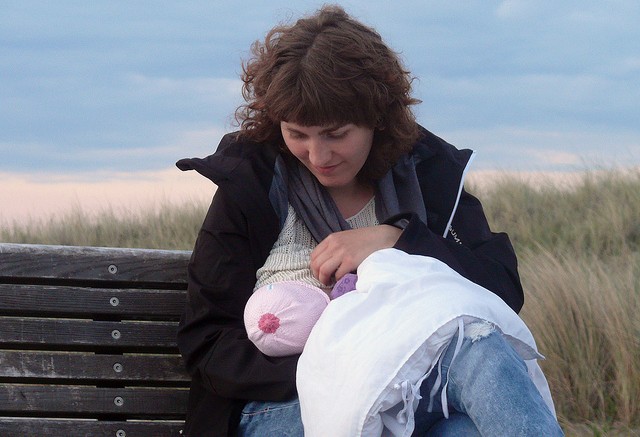Many lactating mothers don’t know what’s the best diet they should follow. Breastfeeding women are frequently confused about the effect of food on their breast milk. Perhaps particular food might harm breast milk, so it is advisable to avoid these kinds of food. Some foods help to prevent digestive problems and allergies in your baby, so it’s better to consume them.
Breast milk is the most important source of nutrition for a newborn. Therefore, it is critical not to underestimate your eating habits, because the food you eat is directly associated with the quality of your milk. Continue to read this article to know more about the ideal diet for breastfeeding mothers.
What You Should Eat?
There are many types of foods that are considered healthy for a lactating woman. Here we have listed some of them:
- You can eat meat, poultry, fish, eggs, dairy, nuts, and seeds for protein up to 2 or even 3 times per day.
- You should have three servings of vegetables, mostly dark green and yellow veggies per day.
- You should not avoid fruits while breastfeeding. Try to have at least two servings of fruit per day.
- You can include whole grains like whole-wheat bread, pasta, oats, and cereal daily during the big meals.
- You should drink plenty of water whenever you feel thirst. Breastfeeding can make you thirsty more often than usual. However, it is a myth that milk quantity will increase if you drink more fluids. You don’t need to do this.
- The dietary restrictions of pregnancy will not apply to breastfeeding mothers. You can eat all the healthy food you want.
- If you take a vegetarian diet with breastfeeding, there’s no harm for your kid. If you avoid milk, make sure you take essential nutrients like zinc and iron from supplements. You should also take vitamin B12 supplements if you choose a vegetarian diet while breastfeeding.
How Much To Eat?
Generally, women need to burn more calories during the lactation period. So, if you kept baby weight even after pregnancy, don’t worry. These extra calories will be naturally utilized for your milk. You need to eat an additional 500 to 600 calories per day if you have lost all baby weight.
When the baby starts to eat other food, you will make less milk, and thus you will use fewer calories. So, at this point, you should reduce your calorie intake to normal.
Alcohol And Caffeine
If you drink alcohol, you have to wait for at least 2 to 3 hours before you can feed your milk to the baby. Alcohol doesn’t stay in your milk for long, and it is removed as your blood alcohol level decreases. You can take up to 12 oz. Beer, 6 oz. Wine or 1.5 oz liquor; you shouldn’t drink more than this, however.
Unlike alcohol, caffeine stays in your milk for much longer, and often passes to your babies through milk. So, if your baby isn’t sleeping or is frequently irritated, you should avoid or limit caffeine. Newborn babies are more sensitive to this substance than older babies.
Conclusion
There are many dietary options available to breastfeeding mothers. We hope this article will help you solve the confusion about what’s the best diet you should follow.
